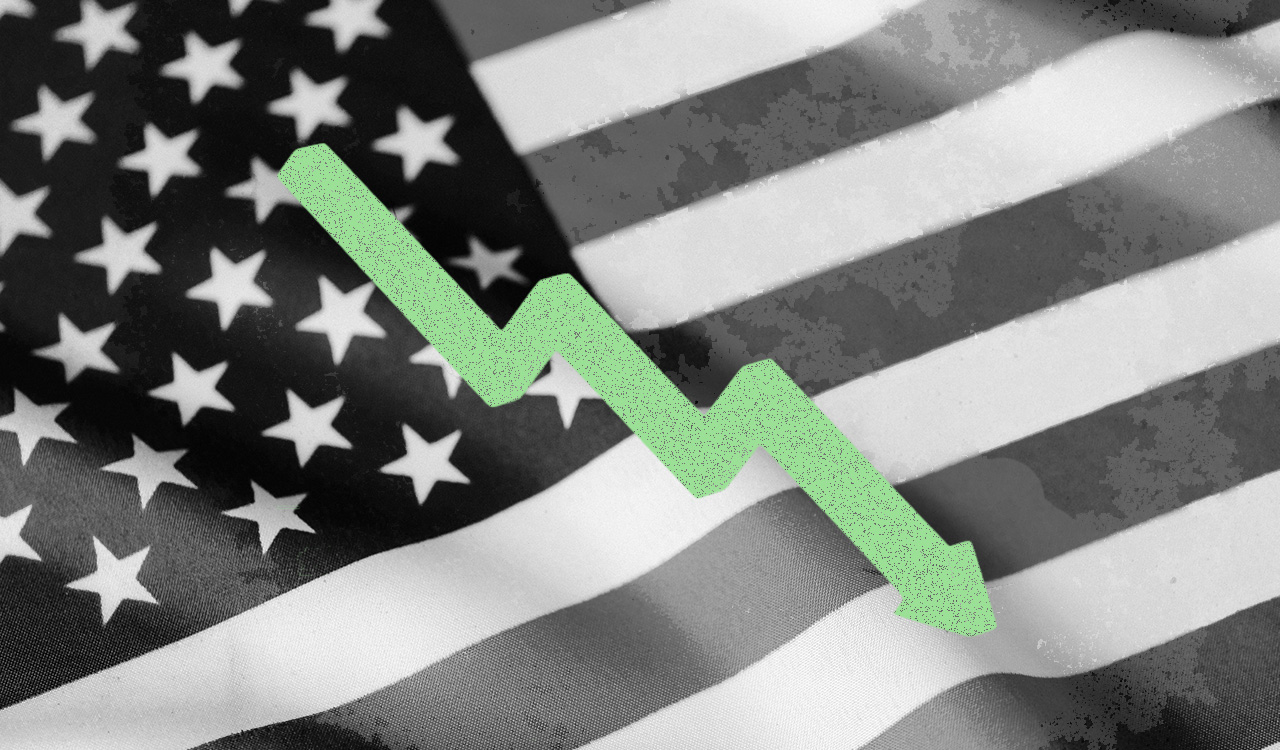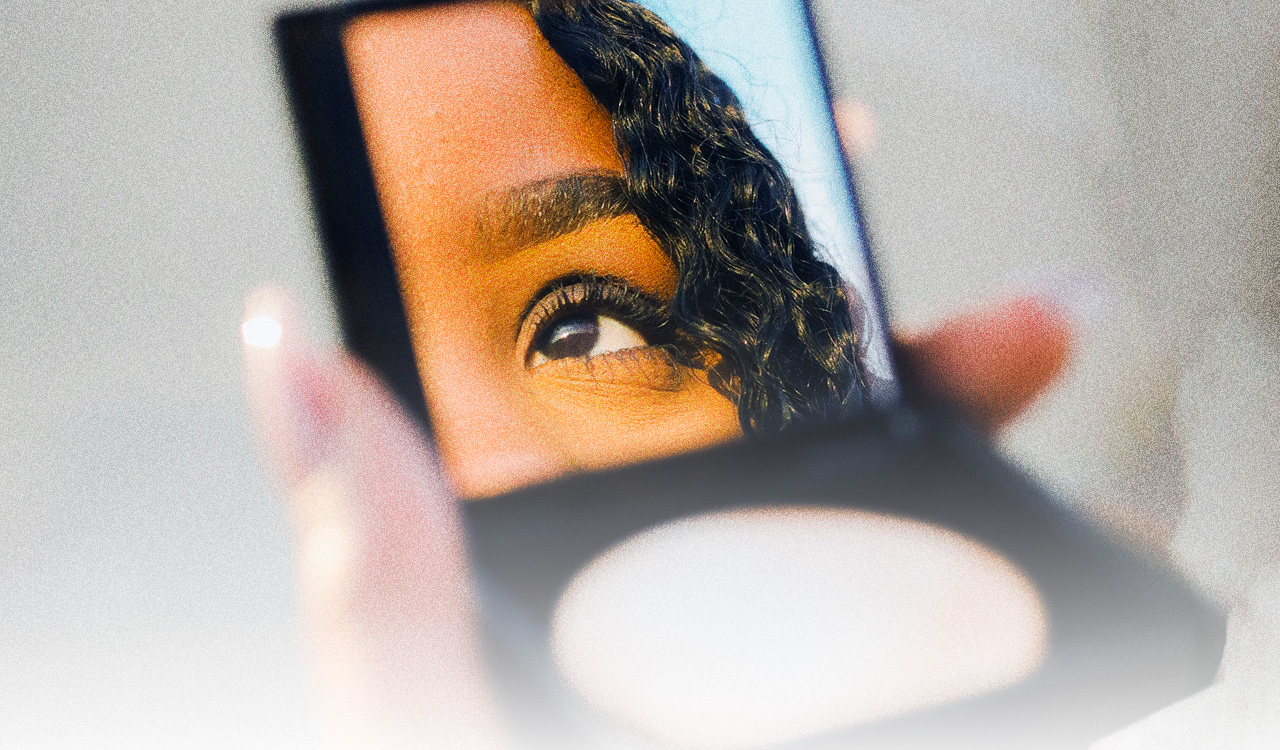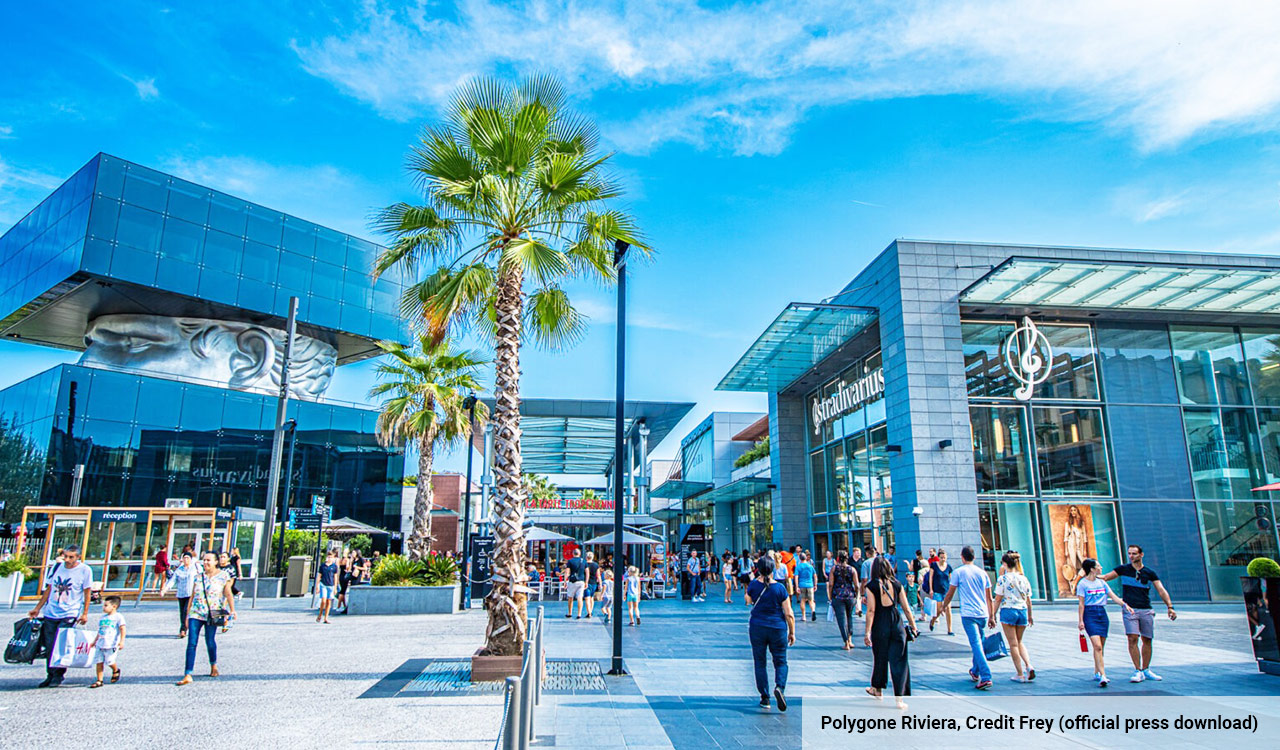Our Covid-19 response — like virtually all policy — is being shaped by people who are leading protected lives. They personally have little at stake economically to counter their natural concern that one day they might be accused of having done too little.
But sweeping protective measures now in force carry such high costs that we must wonder how deep cost/benefit analysis has been, and how much sensitivity there has been to the lasting damage being inflicted on countless vulnerable lives.
Locked Down and Out
Our current lockdown was enacted to reduce transmission rates, buy time for our healthcare system and save lives. Opinions differ about its timing and depth, but information was sparse and tough tradeoffs had to be made. So here we are: lives have been saved but with profound economic destruction.
[callout]We should be having a more honest national conversation about the serious potential consequences of our coming choices. How can we not when the stakes are so high, when health and financial risks fall so unevenly, and when the impacts of our choices will determine the future character of our nation?[/callout]
Now, we face major choices about when and how to relax this Covid-19 lockdown. It is essential to fully weigh the consequences of our next steps by seriously and publicly discussing not only how many lives will be saved by staying locked down, but how deep the human costs will be from the economic devastation we\’re causing.
A combination of social media amplification, election-year politics and fear-inducing projections conjuring millions of possible deaths have made such discussion difficult, but we cannot delay.
Pushing people to huddle at home has ensured a massive recession, if not a depression, and the longer our economic shutdown lasts, the deeper that depression will be.
Next Steps
Are there alternatives now that take forceful action and will be nearly as effective at controlling Covid, while allowing most people to resume their lives with care and vigilance? Have they been fully explored? Are they being so now? I don\’t know the answer, but I can\’t help wondering if discussions around our governmental response might be different if our policy architects knew that they themselves would lose their jobs, their homes and their livelihoods if the lockdown continued.
We\’ve already acted to expand the healthcare workforce, build temporary hospitals, find treatments and vaccines, retool factories to make respirators and masks, ramp up testing capabilities and practice social distancing. If after this, the threat is still so grave that we must keep our economy shuttered, why aren\’t we doing even more?
- Drafting young people into temporary healthcare service?
- Instituting a massive program to cordon off and protect our vulnerable elderly population for the many months ahead?
- Commandeering hotels and idled cruise ships and filling them with additional hospital beds as a reserve for a potential viral surge in the fall?
- Ensuring that the national guard is ready to truck needed supplies if local shortages develop?
- Instituting massive serology testing to gauge levels of immunity in different locales.
- Vis-a-vis the economy, putting in place structures to hire people everywhere to temporarily buttress community services, long term care, grocery delivery, and other needs.
None of these sorts of efforts, even at scale, would cost anything close to the $15 trillion hit we\’ve taken by closing our economy, borrowing massively, and hacking a third from stock market valuations. For a mere $1 trillion, 20 million people could be paid $25/hour for a year to fight the pandemic.
Instead of huddling in our homes and waiting, why can\’t we mount a cluster of well-considered efforts of this sort, throw in infrastructure projects we need anyway and limit Covid mortality without further devastating our economy? What is our plan for getting the economy back on track?
Fair Play
To shut down huge swaths of the economy, take people\’s livelihoods away and then imagine that scattering around a few trillion in relief will make things right is fantasy. We cannot stop our economy abruptly and then restart it by pumping money. And when has such largess ever efficiently reached those who need and deserve it?
We are not an authoritarian country, though many are now behaving as though they wish we were. Are we really prepared to sacrifice the personal freedoms that generations have given their lives to preserve?
Our massive economic shutdown may one day be viewed as a generational heist that boomers are in the process of inflicting upon millennials, Gen X, and Gen Z. When we get past it, will we look back and realize that more lives have been damaged by our response than by Covid itself?
Economic Perspective
There are 2.8 million deaths annually in the U.S. Even if Covid surged to several times current estimates in 2020 and brought 500,000 deaths (as many as died here from the Spanish Flu between 1918 and 1920), annual mortality in 2020 would rise by less than 20 percent. And such a jump would be followed by lower death rates in subsequent years since the vast majority of Covid-related excess deaths are among the elderly with co-morbidities and modest life expectancies. (In Italy, for example, the average pre-Covid life expectancy for the population of Covid victims is estimated to have been three years.)
Such loss of life, even concentrated among the old, should not be dismissed lightly. I do not, and neither do those in positions of power who tend to be older and thus themselves at heightened vulnerability to Covid (the median age of Senators is over 60). But for society as a whole, such a loss is not akin to the obliteration of a generation of youth in the trenches of WW1, the Black Death, images from Hollywood films like Contagion, or even the Spanish flu, which killed large numbers of children and young adults.
Given the $15 Trillion of economic destruction in the U.S. from our Covid response, the cost per life saved if we assume that 500,000 people have been spared by bringing society to a screeching halt (a likely overestimate both of the severity of Covid and of the relative efficacy of current policies), would be $30 million per person. And if these lockdowns save only 100,000 deaths — a few times the number who die in a normal flu season in the U.S.), the cost per life saved would be $150 M, which is $50 M for each person-year saved, assuming the age distribution of those dying in Italy.
The Value of Life
This is an almost unthinkable squandering of our national resources, and we will soon feel the full pain of it. If we actually value life that highly, why aren\’t we spending dramatically more today than we do to fight obesity, stop avoidable medical errors (the third leading cause of death at 240,000 lives/year), treat the victims of the opioid crisis and house the homeless? Why is there not a more aggressive focus on the 450,000 deaths a year here attributed to smoking?
In truth, we don\’t value life that highly. I\’ve asked a number of people how much they\’d be willing to borrow and spend to save their 80-year-old mother from certain death in this pandemic if they could make a bargain with fate to save her but knew they \’d eventually have to pay the money back. Typical answers are a hundredth or a thousandth of what we as a nation will spend for each life we save in battling this pandemic.
And when people are asked what they\’d spend to save their own lives were they themselves 80 and knew that the funds would have to be repaid by their children and grandchildren, they\’d spend even less. We don\’t value our lives at 80 at anywhere near the level suggested by our current approach to this pandemic.
Policymakers may or may not have fully thought through the tradeoffs when they locked down our economy, but now we have more information, are better prepared, are more informed about Covid, and better understand the economic disaster we are in the process of visiting upon ourselves.
It is uncomfortable to talk about balancing costs and benefits when discussing policies designed to save lives, particularly for public officials at a moment of crisis when people are dying, and we all feel the impulse to do whatever is necessary to help. But we must!
It is wrong to view this as a choice between money and lives. A depression is no way to prepare for the world that awaits us in 2021 when a vaccine exists and Covid has faded.
New World Order
The post-Covid economy will be very different from the pre-Covid one. Technology has been advancing far more rapidly than our human habits. Our current crisis has forced vast numbers of people to become adept with technologies like Zoom, Slack, and Calendly that enable remote collaboration, learning, coaching, performances and more.
This associated behavioral shift, which might have taken ten years or more, has exploded in a few months. And during the next year, while fears about Covid are still with us, it will deepen as we form new habits centered around virtual connections, online shopping, working from home, and digital entertainment.
We have been hurtled into the future, and our newfound habits will not fade when Covid does. The resultant shifts will be legion. International ties will recalibrate. Supply chains will be reconfigured. The cadence of information work may change, and commercial real estate may be hit hard as office footprints shrink. Retail businesses will struggle even more against their online competitors.
Such changes will be disruptive for individuals, for companies and for society. We\’ll need strength, courage and resilience to successfully navigate the sudden and profound shifts they bring, and we\’ll be lucky to come through this without political unrest that sometimes spins violently out of control. A deep recession, much less a depression, will have serious and potentially disastrous consequences, because it will deprive us of the resources, the social cohesion and the engine of prosperity we need to manage the transition ahead.
The choice before us regarding Covid is critical. We need to face it with open eyes and more honest national conversations about the serious potential consequences of our coming choices. How can we not when the stakes are so high, when health and financial risks fall so unevenly, and when the impacts of our choices will determine the future character of our nation?



